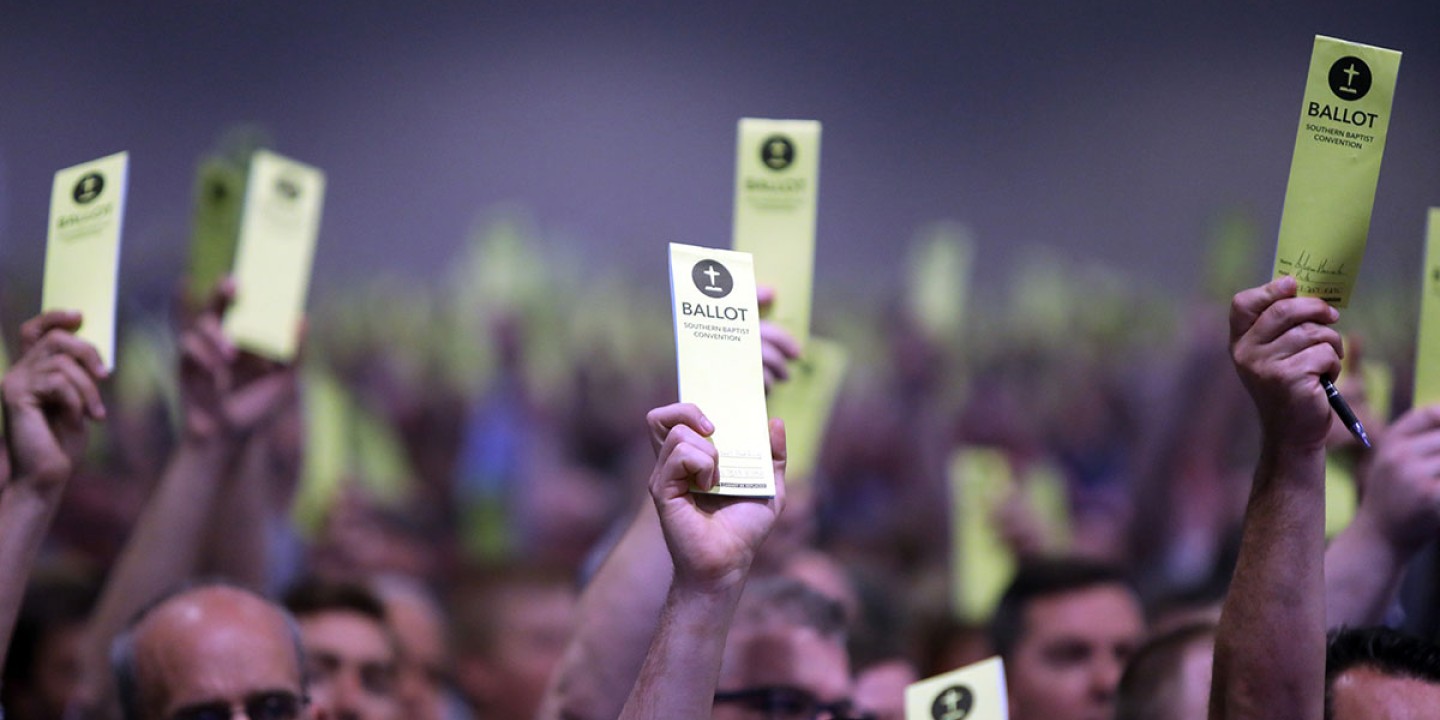Critical race theory is a gift to Christians
The good news about collective and institutional sin is that, like individual sin, it can be redeemed.

Last month, the Southern Baptist Convention reaffirmed its 1995 resolution apologizing for its pro-slavery roots. The declaration also rejected “any theory or worldview” that denies that racial discrimination is rooted in sin. The latter is a reference to divides in the SBC over critical race theory—and an attempt to appease conservatives without losing Black constituents.
That little word sin might be essential to understanding how a broader battle over CRT has swept across the country. This strain of academic discourse was developed in law schools and cultural studies scholarship during the 1980s and the 1990s to examine specific ways that legal systems and other institutions have racism embedded in their structures. CRT argues that to truly dismantle racism in this country, Americans need to focus on institutional structures and foundations.
This idea does not sit well alongside American individualism—and especially not alongside a theology that defines sin in terms of individual actions or beliefs. Only recently have we become accustomed to speaking about “institutional” and “systemic” racism. Americans, and especially White Americans, still commonly think of racism as an individual problem.
Thus when the SBC reaffirmed its position that all racism is rooted in sin, its primary objection to CRT, named obliquely, was that it locates the “ultimate identity of human beings in ethnicity” as a “group dynamic.” The very awkwardness of that wording suggests the discomfort that lies in grappling with systemic racism.
Treating CRT as a bogeyman allows its opponents to protect institutional and cultural power for themselves. But more broadly, many American Christians—across the political spectrum—lack a way of speaking about collective sin that is biblically rooted and socially transformative.
Fortunately, we do not have to look far. The Bible is full of interrogations of the ways that communities and societies, institutions and structures, become mired in sin. The prophets repeatedly remind the Hebrew people that as a people they have been called and as a people they will be redeemed. In the New Testament, believers are admonished that the whole world is at stake in God’s redeeming work, not just each individual heart. The Bible takes the communal nature of sin and redemption for granted, so much so that it can be hard for us to see how individualistic our biblical interpretation tends to be.
The good news about collective and institutional sin is that, like individual sin, it can be redeemed. By acknowledging systemic sin and working to change unjust structures—with the aid of tools like CRT—we realign ourselves with God’s work in the world.
A faithful path forward involves reckoning with institutional sin and learning new ways of speaking and understanding that can help us diagnose what ails us and help our nation on a path to healing. For this, critical race theory is a gift.
A version of this article appears in the print edition under the title “Naming collective sin.”




